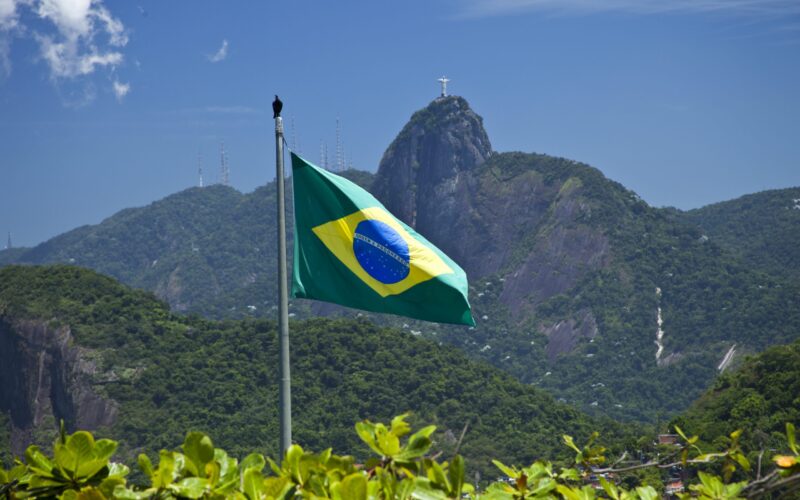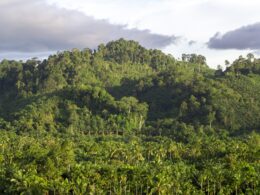International climate finance flowing into Brazil reached an average of US$ 5.1 billion annually in 2021–2022, marking an 84% increase compared to 2019–2020, according to a new study by the Climate Policy Initiative at PUC-Rio (CPI/PUC-Rio). The report, International Climate Finance Tracking for Brazil, highlights the country’s rising capacity to attract global capital for climate action, particularly in energy-related projects.
The study reveals that 80% of the tracked finance was directed toward climate mitigation, with the energy sector accounting for 53% of total resources—driven primarily by solar and wind projects, which made up 80% of this category. Finance for energy alone increased by 165%, rising from US$ 1.6 billion/year in 2019–2020 to US$ 2.6 billion/year in 2021–2022, significantly outpacing the global average growth rate of 53%.
“Foreign capital is essential to complement domestic resources in Brazil’s transition to a low-carbon economy,” said Joana Chiavari, Research Director at CPI/PUC-Rio. “The sharp growth in international climate finance signals confidence in Brazil’s climate agenda and highlights the impact of recent policy initiatives.”
The report attributes part of this growth to government-led efforts to create favourable conditions for foreign investment, including the Brazil Climate and Ecological Transformation Investment Platform (BIP), the Eco Invest Brasil programme for currency hedging, and the issuance of sustainable sovereign bonds.
Western Europe emerged as the leading source of international climate finance to Brazil, contributing 50% of the total. France alone accounted for 13%, or US$ 674 million/year, with funding split between bilateral development institutions (47%) and commercial financial institutions (26%).
Public institutions provided 58% of the total climate finance to Brazil during the period, while private sources accounted for 42%—more than four times the volume recorded in 2019–2020.
However, the Agriculture, Forestry, Other Land Use, and Fisheries (AFOLU) sector, which is responsible for nearly 75% of Brazil’s greenhouse gas emissions, received only 11% of tracked funding. Within this, forestry projects received just US$ 119 million annually, or 2% of total international climate finance, indicating a significant underinvestment relative to the sector’s mitigation potential.
In terms of climate objectives, the majority of funding (80%) focused on mitigation, while adaptation projects received only 5%. Adaptation finance was primarily sourced from public institutions, mirroring global trends and pointing to untapped potential for private investment in climate resilience.
“The Brazilian energy matrix is already dominated by renewables,” Chiavari noted, “but the scale-up of international finance can further strengthen green industrial growth and position Brazil as a leader in sustainable manufacturing.”
The findings are based on a methodology developed by CPI over more than a decade of tracking international climate finance flows, and are aimed at informing policy and enhancing the effectiveness of Brazil’s climate finance strategy.





















